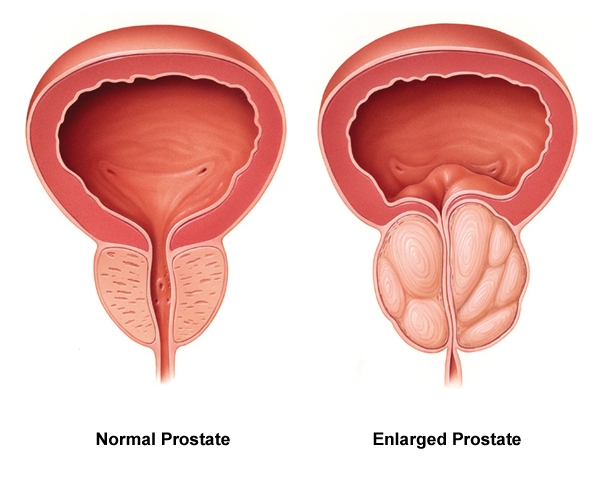In the July/August 2017 edition of the medical publication Semergen published in Spain, doctors wrote:
- Screening programs for prostate cancer based on the determination of serum prostate specific antigen (PSA) has led to overdiagnosis, and consequently overtreatment of Prostate cancer.
- A percentage of men diagnosed with prostate cancer have a tumour that will not progress, or do so slowly (overdiagnosis or pseudo-disease).
- This overdiagnosis rate ranges from 17-50%.
Mass screening is defined as the systematic examination of asymptomatic (showing no symptoms) men. Early detection or opportunistic screening involves the pursuit of individual cases being initiated by the doctor or the patient.
- In the case of a patient who requests a prostate specific antigen from their general practitioner, a number of issues on overdiagnosis, over-treatment and possible damage from the biopsy, should be explained to him. With data from randomised studies on prostate specific antigen and prostate cancer screening, population screening is not recommended by any urological society.1
This study is the latest in questioning how men with prostate cancer are being treated and even if they should be treated for the cancer.
Earlier in 2017, a new study from researchers at the University of Michigan confirmed that the overall rate of men receiving treatment for prostate cancer declined 42 percent. This because national guidelines now recommend against routine prostate cancer screening and patients and doctors are beginning to understand overtreatment of prostate cancer.
The researchers say the decline does reflect efforts to decrease overdiagnosis and overtreatment – preventing some unnecessary treatments that can cause long-term impact on quality of life, while still providing life-saving care to patients who need it.
The Michigan researchers noted: “Some prostate cancers are so slow-growing that data suggests the risks of treatment may outweigh the benefits. Watchful waiting or active surveillance – which involve monitoring patients without delivering treatment – are options, especially for those patients with low-risk disease or limited life expectancy. By monitoring these patients, urologists can identify when treatment may become necessary.
However, among those who are diagnosed, only 8 percent fewer are getting initial surgery or radiation treatments – even as data shows those with low-risk disease can substitute surveillance. (So aggressive treatment is still being recommended for some patients who may not need aggressive care).2,3
RESEARCH ON LESS AGGRESSIVE TREATMENTS: VITAMIN D
Recommendations for reducing screening for prostate cancers were based on studies that showed that the treatment was worse than the disease. Men could live a high quality of life existence simply managing prostate cancer as you would diabetes for instance.
Vitamin D has become a supplement of interest in helping men manage prostate cancer and maintain quality of life.
In May 2017 doctors published their findings that vitamin D could slow the progression of prostate cancer by binding and hindering cell replication.4
This research agrees with another study which appeared in the Journal of the American Association for Cancer Research which suggested Vitamin D deficiency was associated with increased risk of prostate cancer for those with elevated prostate-specific antigen (PSA) level or abnormal digital rectal examination. Further, vitamin D deficiency is also associated with aggressive prostate cancer. 5
Vitamin D supplementation may be part of a management program for men with prostate cancer. That you have to discuss with your doctor.
1 Jalón MA, Escaf BS, Viña AL, Jalón MM. Current aspects of prostate cancer screening. Semergen. 2016 Aug.
2 Tudor Borza, Samuel R. Kaufman, Vahakn B. Shahinian, Phyllis Yan, David C. Miller, Ted A. Skolarus, Brent K. Hollenbeck. Sharp Decline In Prostate Cancer Treatment Among Men In The General Population, But Not Among Diagnosed Men. Health Affairs, 2017; 36 (1): 108 DOI: 10.1377/hlthaff.2016.0739
3 Prostate cancer treatment rates drop, reflecting change in screening recommendations University of Michigan January 8, 2017
4 Lin VC, Huang SP, Ting HJ, Ma WL, Yu CC, Huang CY, Yin HL, Huang TY, Lee CH, Chang TY, Lu TL. Vitamin D receptor-binding site variants affect prostate cancer progression. Oncotarget. 2017 May 26.
5 Grant WB. Vitamin D status: ready for guiding prostate cancer diagnosis and treatment? Clin Cancer Res. 2014 May 1;20(9):2241-3. doi: 10.1158/1078-0432.CCR-14-0369.
